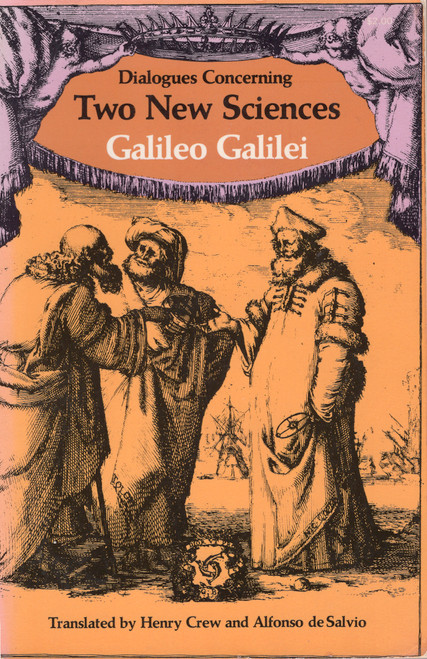"The greatest and most important part of physics is the contemplation of human nature."
Barely acknowledged in his lifetime, the New Science of Giambattista Vico (1668-1744) is an astonishingly perceptive and ambitious attempt to decipher the history, mythology and laws of the ancient world. Discarding the Renaissance notion of the classical as an idealised model for the modern, it argues that the key to true understanding of the past lies in accepting that the customs and emotional lives of ancient Greeks and Romans, Egyptians, Jews and Babylonians were radically different from our own. Along the way, Vico explores a huge variety of topics, ranging from physics to poetics, money to monsters, and family structures to the Flood. Marking a crucial turning-point in humanist thinking, New Science has remained deeply influential since the dawn of Romanticism, inspiring the work of Karl Marx and even influencing the framework for Joyce's Finnegan's Wake.
Translated by David Marsh with an Introduction by Anthony Grafton
Editorial Review(s)
"My imagination grows every time I read Vico as it doesn't when I read Freud or Jung." —James Joyce
About the Author
Giambattista Vico (1668–1744) was an Italian political philosopher, professor of rhetoric at the University of Naples as well as a pioneer of modern cultural anthropology, linguistic theory, and legal history. A critic of modern rationalism and apologist of classical antiquity, Vico's magnum opus is the Principles/Origins of New Science about the Common Nature of Nations. The work is explicitly presented as a "science of reasoning", and includes a dialectic between axioms and "reasonings" linking and clarifying the axioms. Vico is often claimed to have inaugurated modern philosophy of history, although the expression is alien from Vico's text (Vico speaks of a "history of philosophy narrated philosophically"). He is otherwise well-known for noting that verum esse ipsum factum ("true itself is fact" or "the true itself is made"), a proposition that has been read as an early instance of constructivist epistemology. Overall, the contemporary interest in Vico has been driven by peculiarly historicist interests as expressed most notably by Isaiah Berlin, Tagliacozzo, Verene, and Hayden White.
Jason Taylor is an associate professor of philosophy at Regis College.
Robert Miner is professor of philosophy at Baylor University. Giuseppe Mazzotta is the Sterling Professor of Italian Language and Literature at Yale University.







